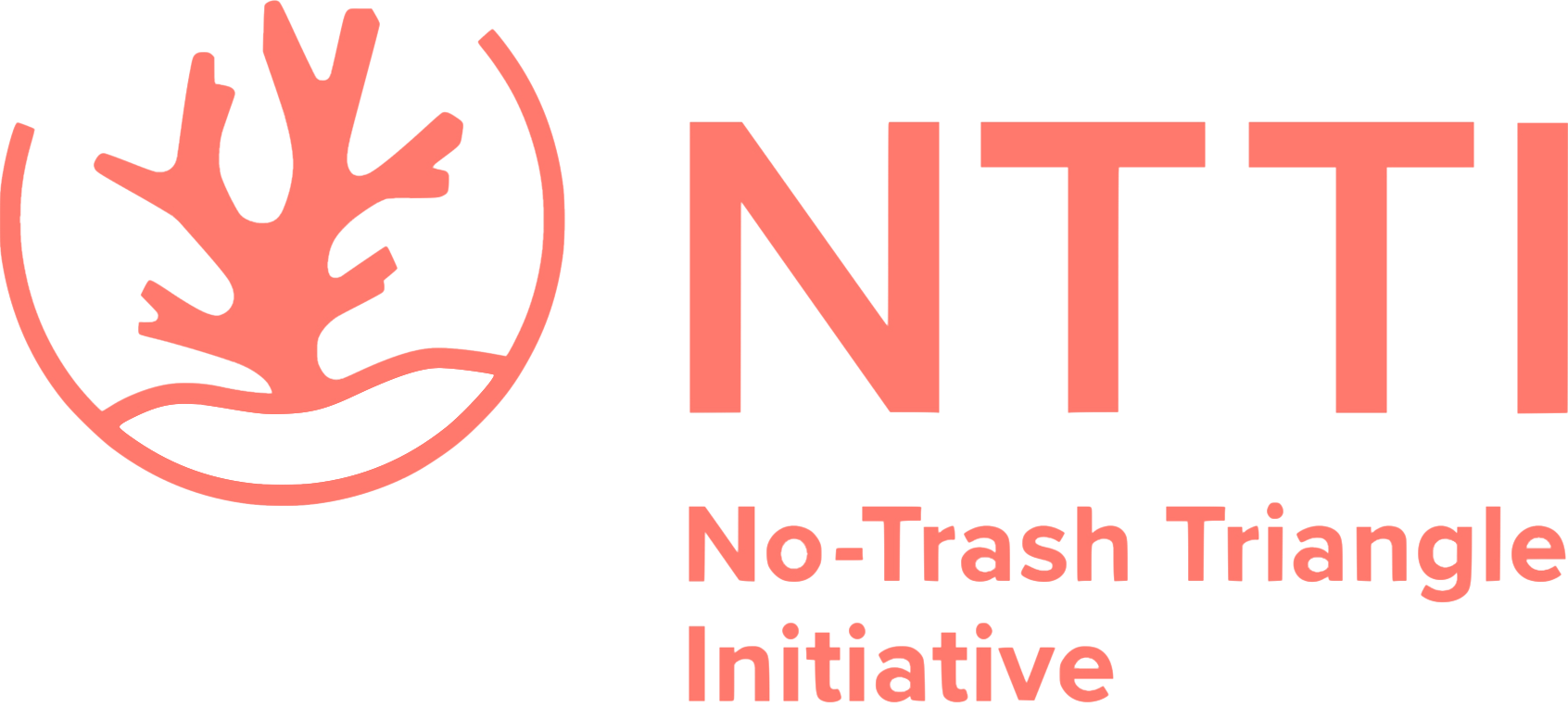Investigation into North Sulawesi's plastic pollution problem
A study by two of our student partners has recently been published in the Marine Pollution Bulletin. Jasmin Mueller and Nicolas Bill visited Bangka from October to December 2018. The No Trash Triangle Initiative supported the pair as they carried out extensive field work, examining a number of sites in the Bangka Strait, off the coast of North Sulawesi.
The results of the pair’s experiments and surveys are concerning but unfortunately not all that surprising. Of all the litter samples collected, plastic dominated, making up 96 - 99% of all litter found. The majority of this plastic was made up of flimsy, single use type items. The field work was carried out as rainy season arrived in the region and a corresponding change in pollution levels was noted as rainfall levels increased.
Litter was found in all zones studied, from the beach to the reef slope, with the beaches of North Sulawesi being much more polluted than neighbouring reef zones. Underwater, litter was found to have accumulated in reef flats or moats. The impact of this plastic pollution on the flora and fauna of the reefs was also looked at. Field experiments carried out on coral species P. cylindrica found that entanglement in plastic resulted in irreversible damage after just 5 months. Necrosis, coral bleaching and algal overgrowth were found on samples after a short time.
Given that the area investigated sits at the heart of the Coral Triangle, the most biodiverse marine environment on the planet, these findings highlight the importance of acting quickly. There is already a significant plastic pollution problem in the region. Without immediate action, this delicate ecosystem is under immense threat.
A big congratulations to Jasmin and Nico whose hard work and dedication has produced an important paper which further tells the story of the Coral Triangle we’re working hard to protect.
We continue to support students who are carrying out work related to understanding and protecting the marine environment. To find out more, check out our Research page.


